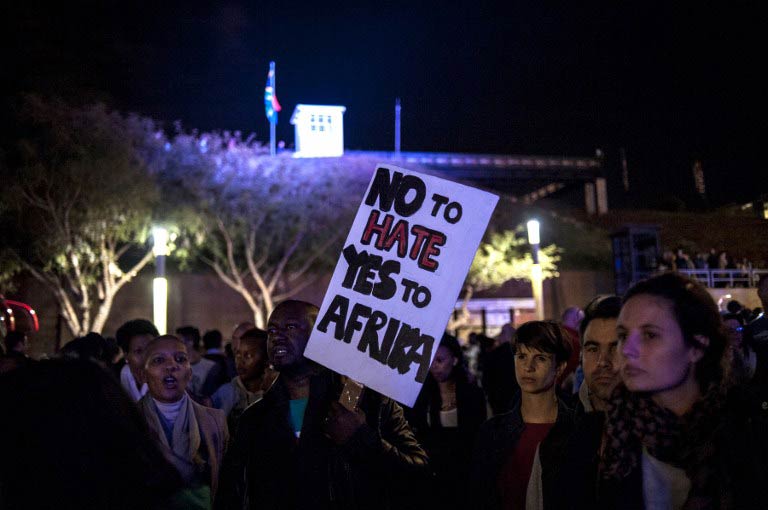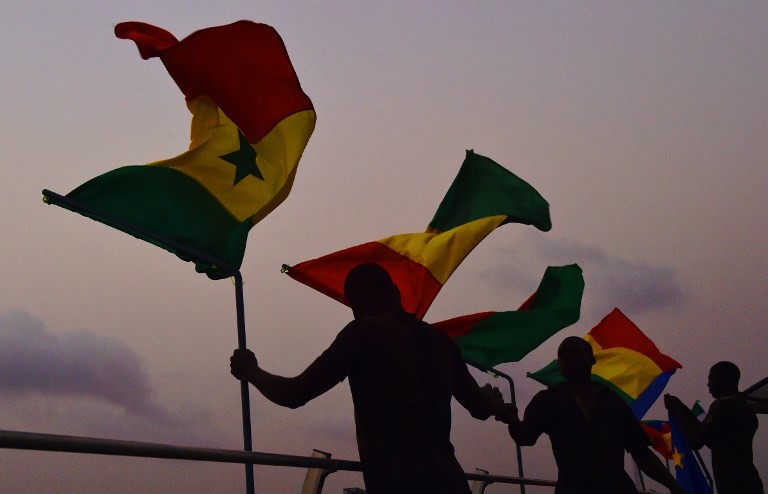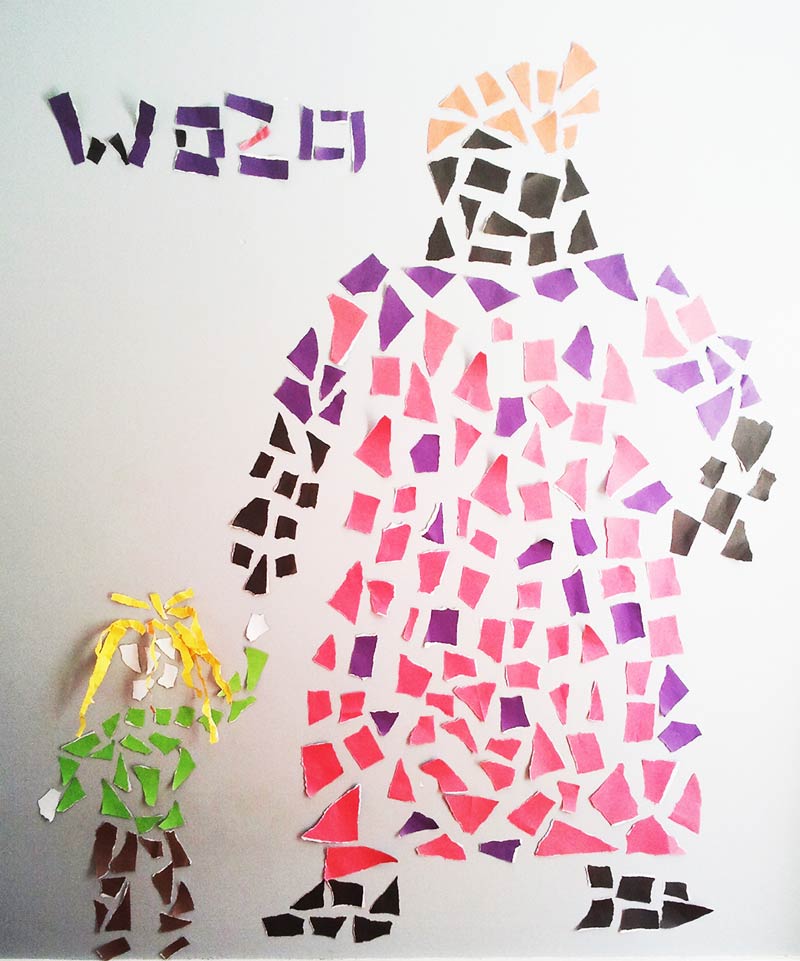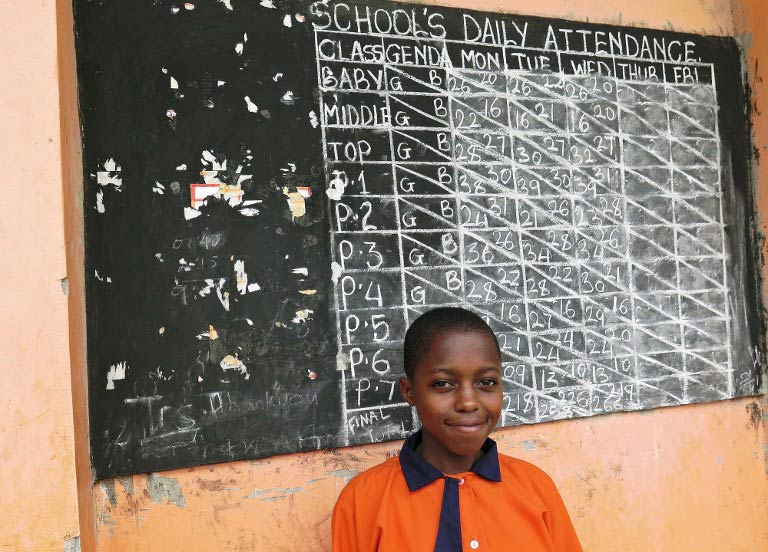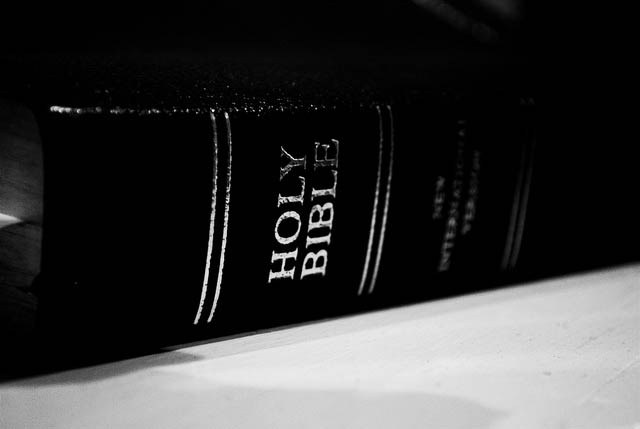
I was born and bred in a one-street town in Nhlangano, Swaziland. Throughout my childhood, every Sunday started the same way: with a high-speed chase for a hen. The bird would be caught and slaughtered while the water was boiling on top of Mama’s Falkirk wood stove. Anyone still asleep in the house would be woken up by the aroma from the strong bush tea brewing on the stove. Fused with the burning charcoal from wattle trees that surrounded our house, the aroma filled the kitchen and spilled to the entire house.
Enter Mama’s kitchen on a Sunday morning and you would find her cooking both breakfast and lunch at the same time. She did that religiously every Sunday to save time. Mama was always in a hurry. She may have rubbed that off on me as I am defined by those who know me as a woman who seemed to be always pressed for time – it does not matter where I am hurrying to. Mama had to feed five children, clean the house, prepare our clothes and then drive her brood to church to conduct Sunday School classes. She was the Sunday School teacher at church and a school teacher during the week.
One particular Sunday, we left the chicken slowly simmering on the wood stove while we dashed for church as usual. I sat at the back row and listened attentively to Mama as she did the best she could to preach to a young congregation. Mama loved parables more than she did verses. She had some from her personal life too. That morning, she told one of her very colourful stories that occurred donkey’s years ago. She told the story to convince us of why our God is the most high of all others. Mama related how one day in her class a pupil had refused to accept punishment for failing to submit an assignment. The girl instead decided to walk out of the school premises and go home to fetch her mother, who was a sangoma.
In a short while there was a group of people gathered around the school administration block, watching the pupil and her sangoma mother sing and beat drums as they called upon the spirits to destroy the woman responsible for the unhappiness of the child. Another child was sent from the scene to tell Mama, the teacher, to run off through the back gate and never return. Mama shocked us all at Sunday School as she reported how she stubbornly went to the scene and confronted the sangoma and her daughter.
The crowd tried to stop her and urged her to apologise to the mighty sangoma. Mama backed down. She then started to dance in front of us, her Sunday School class, as she tried to imitate the sangoma. We all burst out laughing. Mama went on to say that the sangoma had a reputation. Everyone who had ever confronted the sangoma would be cursed. People in the village were terrified of her. They even worshipped the ground on which she walked to store favours in case they wronged her one day. There was talk that some people even gave her livestock for no reason at all. Now she was in a stand-off with a woman who not only had not bought a favor but needed one soon! The crowds managed to separate the two women. Soon thereafter Mama was married and left the village.
As I sat in the back row of the Sunday school class, I envisioned Mama in the days when she was still a size 6. I envisioned her dancing around against another woman. I had never seen her go up against anyone in my life; indeed I had thought of her as a meek person. I wondered what it would be like to see the real thing. My curiosity would be satisfied very soon! In fact it was as soon as at the end of the church service when we got home from church.
There we found that our gardener, Dlamini, who had remained in his room at the back of our house while we went to church, was in trouble. Dlamini was also my mother’s cousin. Unknown to us, he had a girlfriend who was much older than him, and who had children as old as Dlamini himself. She was also a sangoma.
What we saw in our yard that day gave me my first experience of what a sangoma initiation graduation ceremony must be like. She was clad in full sangoma attire. Her hair was smeared with red earth. She had long strands. She was topless and her breasts hung far below her belly. She had red and white beads across her bosom. Wrapped around her was a red cloth. Her wrists had red and write bead bracelets which shivered as she clapped her hands together, hard. Her feet hit the concrete ground so hard I thought she would bleed out from her already cracked heels.
Her teenage children were singing their lungs out as their mother continued to shout out to Dlamini to pay the children’s maintenance as he had promised. Dlamini was epileptic. He had long collapsed in a fit. Mama started shouting at the woman who had made our front yard her dancing ground. She rebuked the devil the same way that she had done for us at Sunday School. The woman replied. She called out some clan names and instructed the ancestors to curse Mama. It was only then that Mama recognised the sangoma to be the same woman she’d had a verbal showdown with some twenty years ago at the school.
I was left in a state of confusion as I tried to understand whether the revelation had angered or excited Mama. She erupted in chorus and tried to outdo the choir of teenage sangomas standing in front of her yard. As the sangoma danced moving closer to our house, Mama did the same and danced towards the sangoma. The war of words between the two women turned personal. It was no longer about Mama protecting her employee and cousin. It was a resurrection of an old animosity. Coincidentally the enemy Mama had evaded for so long and forgotten to tell us about was right at her doorstep.
Soon it was not very easy to tell the sangoma apart from the Sunday School teacher. Both women were dancing and singing and shouting profanities at each other. After two decades, it was a rendezvous. The women the gods had kept separate for so long had met again. Mama was once again face to face with the devil incarnate. And the devil was her cousin’s lover, who could become her family too if she had her way!
Cece Celestina is a lawyer based in Johannesburg. She was born, raised and educated in Swaziland.

